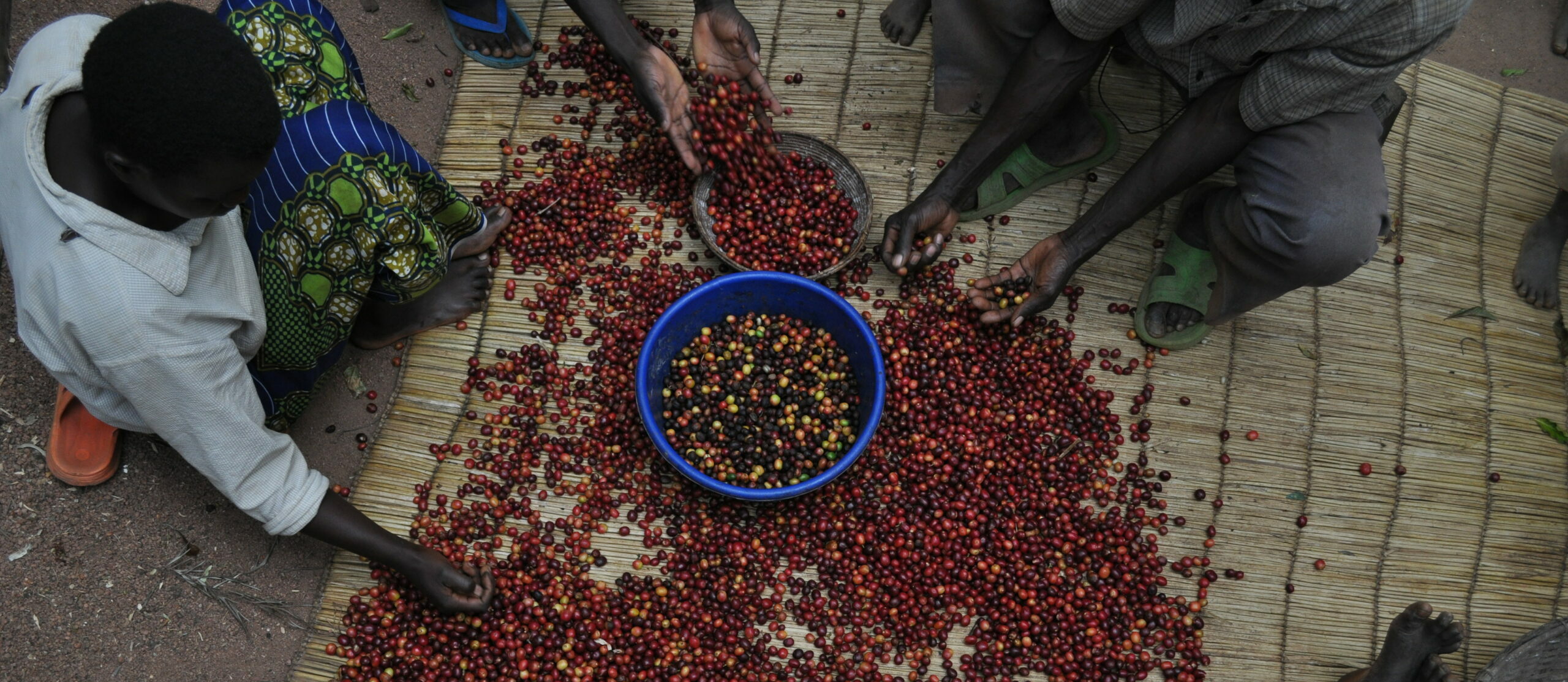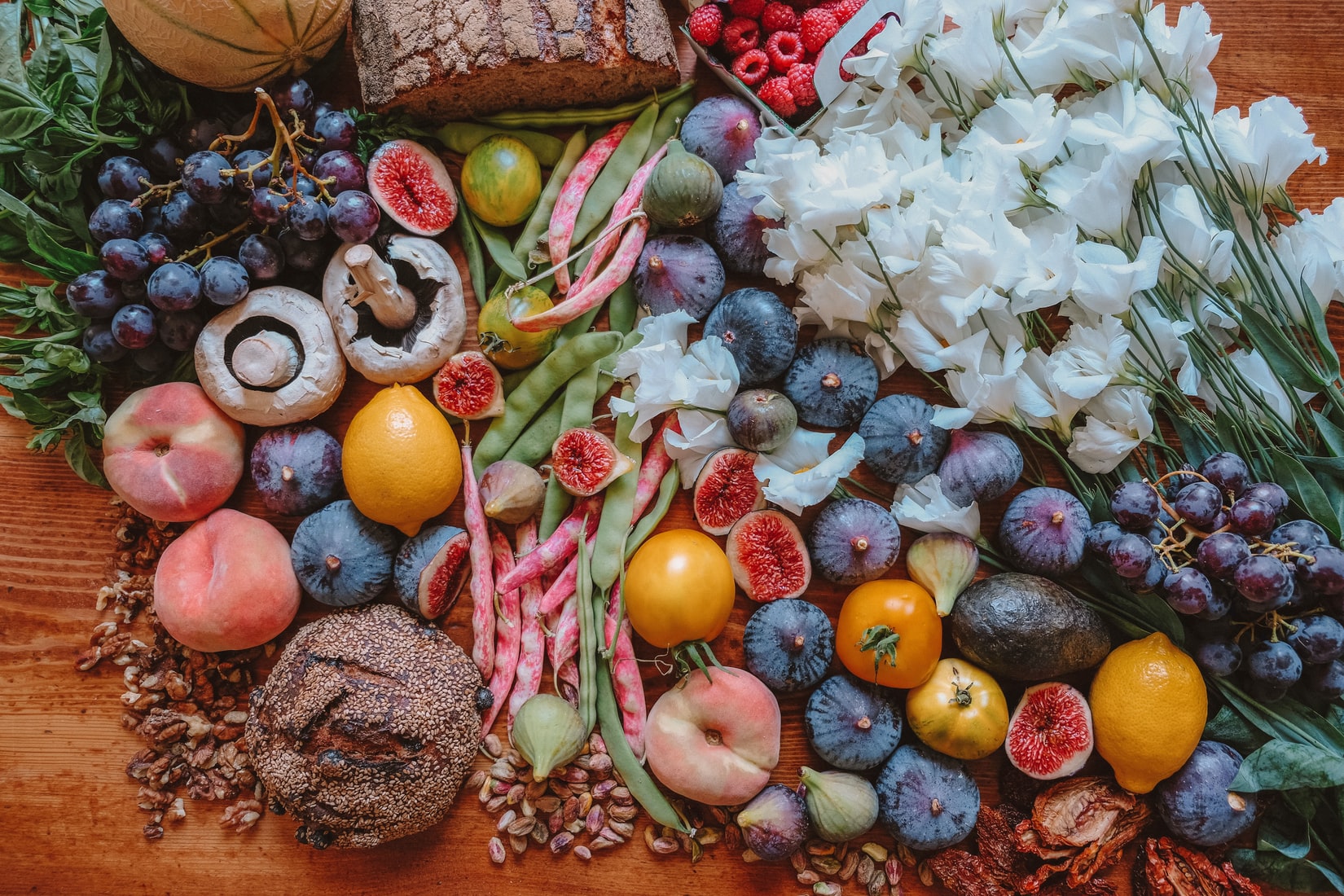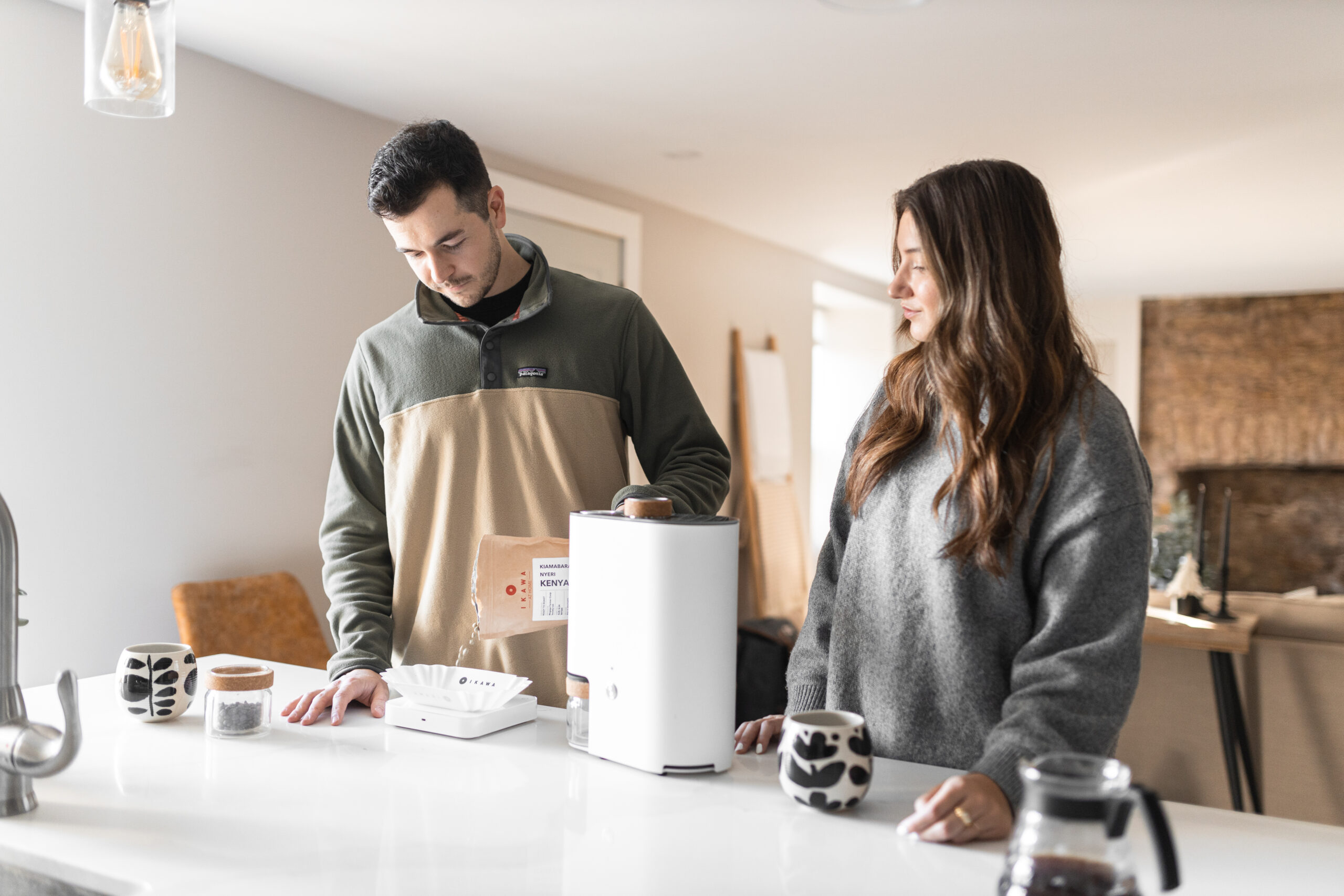IKAWA means coffee in Kirundi, which is the language of Burundi. The people in Burundi are highly dependant on coffee – and this is where Andrew grew up and the IKAWA concept was born.
This blog post delves into our archives from a trip Andrew and Rombout made with film maker Valentine Roels, with the backing of Schluter coffee to understand what it takes to create an excellent quality coffee and follow the coffee on the route it takes from Burundi to the Tanzanian port of Dar es Salaam. During the process we learned how IKAWA could help coffee growers the IKAWA Roaster, The video is at the end of this post.
At the time the video was made, Andrew’s parents worked in Burundi. Stephen Stordy, Andrew’s dad was working with coffee farmers to set up a small-scale coffee processing facility and farmers cooperative.
Coffee is a very important crop in Burundi. About 80% of the countries earnings are derived from coffee. In Burundi coffee is grown by small-holder subsistence farmers as cash crop. The farmers sell the cherry to processing facilities called washing stations that process the green beans to state where they are ready for export.
Following the severely depressed coffee prices of the 1990s in combination with civil war from 1993 many Burundi farmers neglected to tend for their coffee trees. Government laws prevented them from pulling the trees out and using the land to grow other crops that might be more profitable. The result of this was that coffee yields had fallen, as the trees had not been correctly cared for.
The Codemu cooperative’s washing station that we filmed in the video had been set up with the help of Food for the Hungry, Burundi with the aims of enabling farmers process there own coffee and benefit both through more of the value chain and improving the quality, which would result in higher prices.
During the making of the video we followed the route coffee takes from being picked to the point where it is loaded onto a container ship for export. This involved travelling across Tanzania for 5 days on the lorries.
One of the things about the process that stuck us was the massive effort that goes into making high quality coffee. For example, we found that every single coffee bean is sorted through by hand three times. A machine also sorts the beans once in order to grade them by size.









